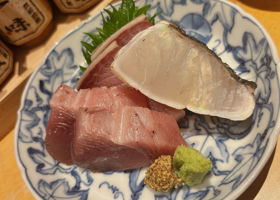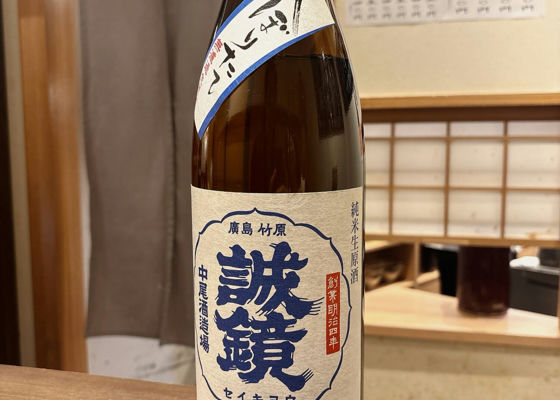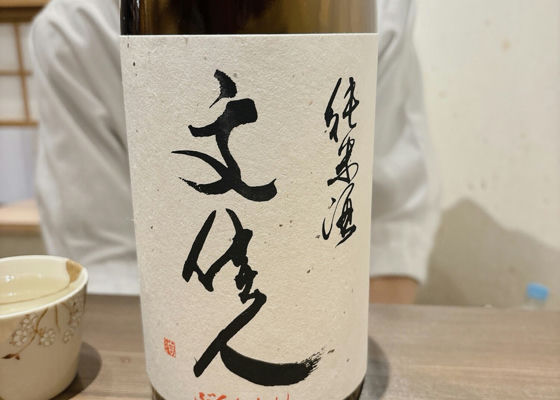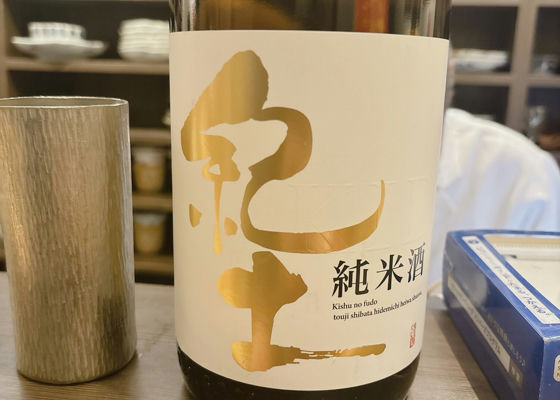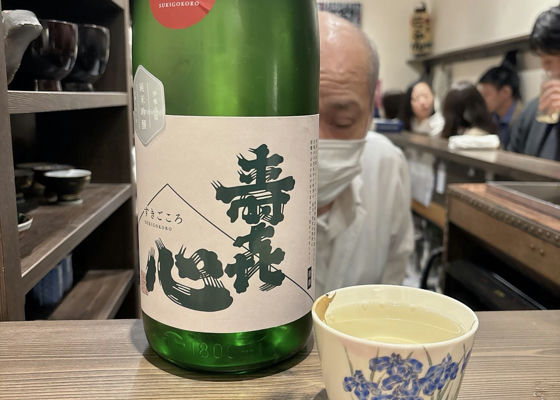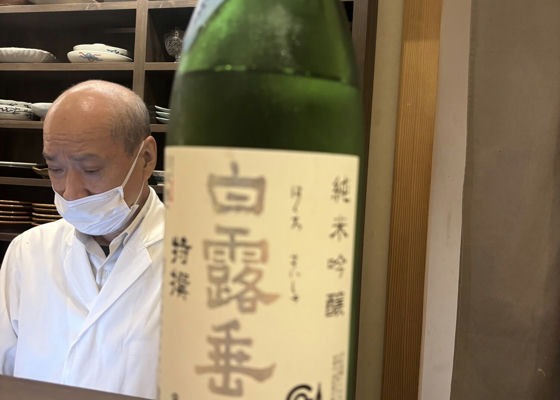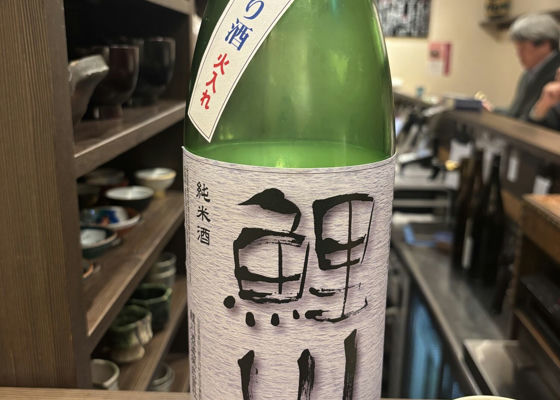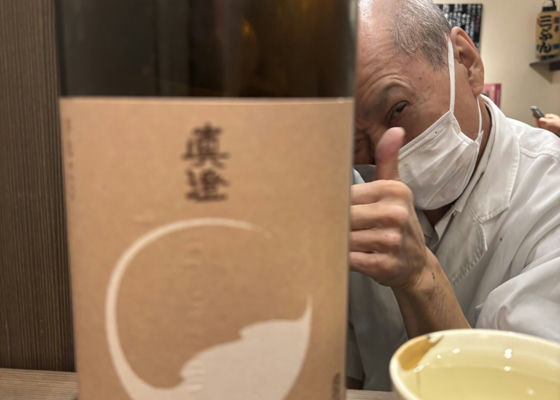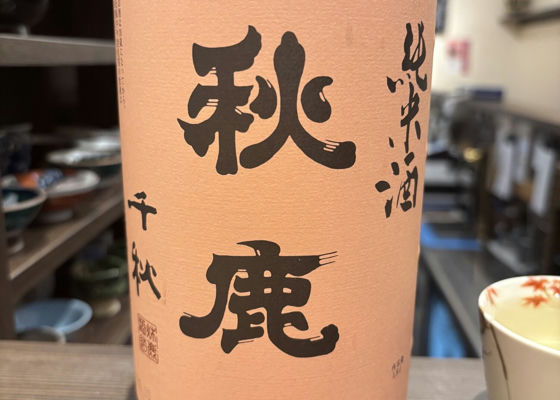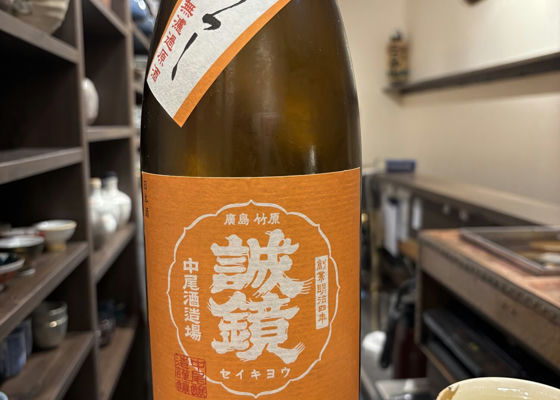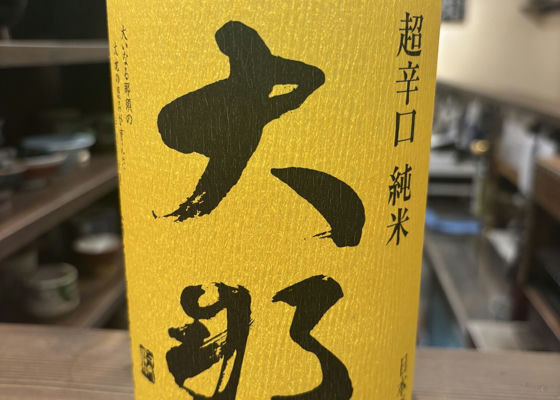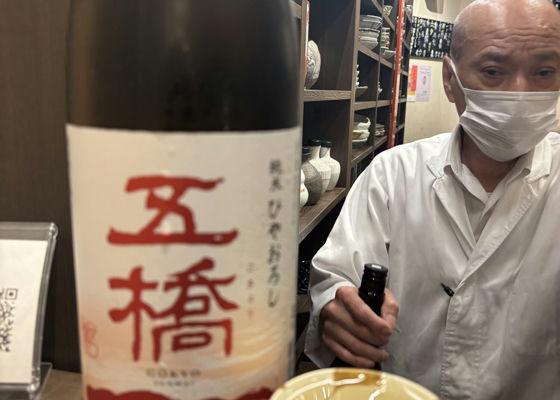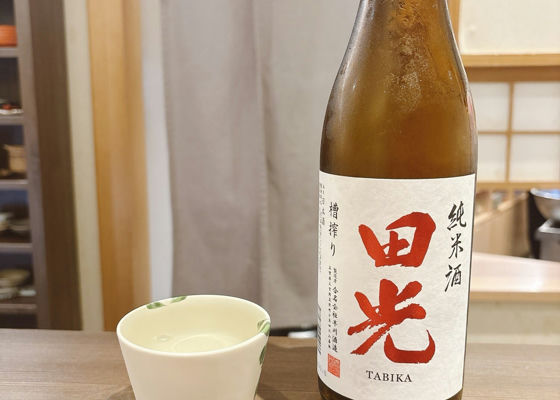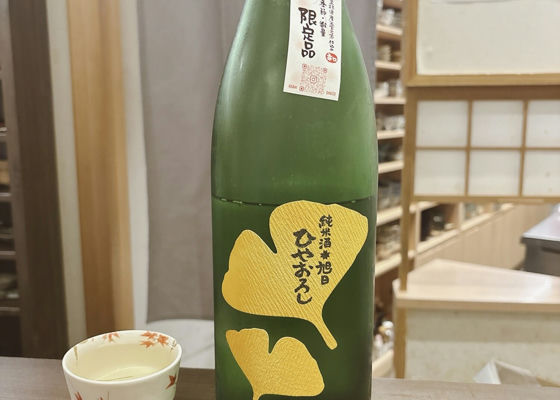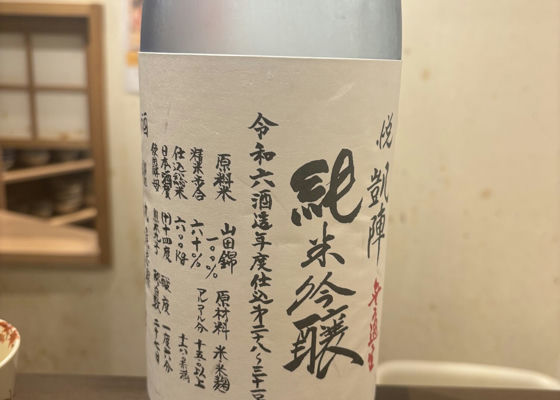Timeline
YukoThis is a freshly pressed new sake. This bottle has a fresh and gorgeous aroma, a thick mouthfeel, and the depth of flavor that only junmai sake can offer. YukoClosing drink of the year.
The finish is typical of Seikagami, where the flavor of rice and koji can be enjoyed. The fresh taste and refreshing aroma can only be enjoyed at this time of year. YukoIt's been a while since I've had Bunkajin. It is refreshing and to my liking.
It has a fruity, muscat-like aroma and a sharp acidity and gasiness. YukoSoft sweetness and umami spread softly and comfortably from the soft mouthfeel. The light acidity gives the taste a crispness. The aftertaste is smooth and light. The finish is gentle and very easy to drink. YukoThe first generation of the company named the sake #Jukishin with the hope that it would be enjoyed at festive occasions. YukoIt has a soft aroma and a mellow flavor that fills the mouth and soothes the soul. It is a unique sake that is both refreshing and clean. YukoThe director of the live-action movie "Tetsujin 28" was a classmate of the president of Koikawa Shuzo, hence the name "Tetsujin" (Iron Man), a very popular limited edition sake from Koikawa Shuzo. As a brewery that promotes cold, room temperature, or warmed sake, this sake also has an excellent warming quality. Nigori (nigori) sake is also very nice warmed up to lukewarm. The moist flavor and clean aftertaste are indescribably addictive! This sake is gentle on the palate and is bottle heated. YukoScent]
[Mild
●Flavors
Fat
Fat
Fat
Fat
Brilliant
[First impression]
Gentle
Fat
Fat
Gentle
Fat
Fat
Firm
[Umami]
Light
Fat
Fat
Fat
Fat
Fat
Richness
[Lingering]
Short
Fat
Fat
Fat
Short
Fat
Long YukoThe alcohol content is 14 degrees.
The acidity is great at first. It is a rather old-fashioned sake. YukoWhen summer passes and autumn arrives, the sake that has been sleeping matures moderately and becomes well-balanced with increased flavor and mellowness.
Hiyaoroshi" is sake bottled in this state without heating.
Hiyaoroshi has a gentle and calm aroma and a deep flavor. YukoThis is the driest sake in the "Ona" series of Chu-shu. Although it has a sake strength of +10, it combines a soft mouthfeel with a full flavor. It can be paired with any food, but it is an excellent match with Japanese food. YukoI've been encountering them a lot lately.
Today we have Orange Carp 🍊.
The finish is reminiscent of the sweetness of a tangerine, the acidity and freshness of an orange. It is described as a dry type, yet characterized by a thick, syrupy sweetness and flavor. Masaaki SapporoGood evening, Yuko 😃Congratulations on your 900 check-ins🎊There are many delicious sake from Nagano, but this one looks good too 😋. YukoThis is a limited edition junmai sake that has been selected from storage tanks that have been allowed to mature over a summer in a sake tasting called "nemikiri (drinking through)" to preserve its flavor in the bottle. The brewery's message is that they want their sake to be enjoyed with the flavors of autumn and winter.
It is a seasonal sake brewed by Miyai-Sakura. YukoIt's still hot every day, but the autumn-like labels make me feel like fall 🍁🍂.
Light, smooth and dry hiyaoroshi. You can enjoy the calm taste with a hint of maturity. YukoHiyoroshi- a well thought out balance of sweetness and acidity.
[This season, the sake level was set to minus. Harmony of richness, umami, and acidity
This season, the sake level was set to minus for the season using a single Kumamoto yeast.
This hiyaoroshi has been carefully balanced in terms of sweetness and acidity by increasing the acidity level. YukoThey rarely go in.
It's insanely delicious!
Mild aroma like Japanese pear and soft mouthfeel unique to Kami no Ho.
It is a bottle with a well-balanced, fluffy rice flavor without any peculiarities. YukoLovely ginkgo label 😆.
Gohyakumangoku rice harvested in Shimane is polished in-house and carefully brewed. The sake is fermented vigorously, resulting in a dry junmai sake with umami and sharpness. The sake is pressed in the spring, hi-ire it, and let it mature slowly in the brewery during the summer, and only available seasonally in the fall, when its roundness and umami are revealed. YukoMy favorite horse label!
They recommend heating it up to lukewarm.
I had it cold and it was well-balanced and easy to drink.
Mr. Murakami worked part-time at Yamatoya Sake Brewery as a student, and has also worked at Takezuru Sake Brewery in Hiroshima and Kitajima Sake Brewery in Shiga Prefecture before taking on the role of toji at his home brewery, Magami Shuzo in Hiroshima. Mr. Murakami worked part-time at Yamatoya Sake Brewery as a student, and has also worked at Takeketsuru Sake Brewery in Hiroshima and Kitajima Sake Brewery in Shiga Prefecture. YukoJunmai Ginjo-shu brewed with 60% polished Yamadanishiki rice.
It comes in a blue bottle, which is rare for the Kaijin series.
The brewer's technique of deliberately suppressing the aroma is still alive and well in this sake.
The modest but present aroma and taste make it a favorite of the connoisseur.
The gentle aroma and the smooth finish are "as good as it gets!
One sip will leave you with a refreshing impression, just as the blue bottle suggests. RecommendedContentsSectionView.title

